Feedback on First HELP Course (October 24 - January 25)
The first HELP course saw a modest but engaged group, starting with six participants. Unfortunately, two were unable to attend due to health issues or other commitments, but the core group of four (three females and one male) successfully completed the course. Encouragingly, two participants have expressed interest in assisting with future sessions, demonstrating the positive impact of the course.
Participant Reflections:
How do you feel at the end of the course?
Participant 1: “At the end of the course, I’ve made new friends, I’m enjoying life, and I feel positive.”
Participant 2: “I feel determined, strong, and hopeful.”
These responses highlight a key benefit of the course: participants not only gained new insights but also developed a sense of camaraderie and optimism for the future.
What did you particularly enjoy?
Informality and Support: The relaxed, informal atmosphere—particularly the chance to chat over a cup of tea—was appreciated while still following the course content.
Candid Conversations: The participants felt comfortable expressing themselves openly, knowing their feelings would be validated and heard by others.
Mental Health Focus: The course helped address mental well-being, offering tools to manage stress and move forward.
Group Dynamics: Being part of a supportive group of like-minded individuals created a sense of community and connection.
What did you least enjoy?
There were no negative comments or complaints from the participants; they all felt the course met their expectations and needs.
Would you recommend this to others?
The unanimous response was a resounding YES, indicating strong endorsement for future participants.
Participant Summing Up:
One participant summed up the experience in a way that resonated with the group: “The course was faithful to the name of the Charity, a true ‘Cancer Support Group!’” This feedback reinforces that the course succeeded in fulfilling its mission of offering meaningful support, validation, and practical tools to those dealing with cancer.
Conclusion:
Overall, the course received positive feedback across all areas, with participants expressing growth, connection, and a renewed sense of hope. The informal yet supportive environment, the focus on mental health, and the opportunity for candid conversations were particular highlights. The lack of any negative feedback underscores the success of the course in meeting its goals. With some participants already showing interest in helping with future sessions, the course appears to have created a lasting impact and a solid foundation for ongoing support.




